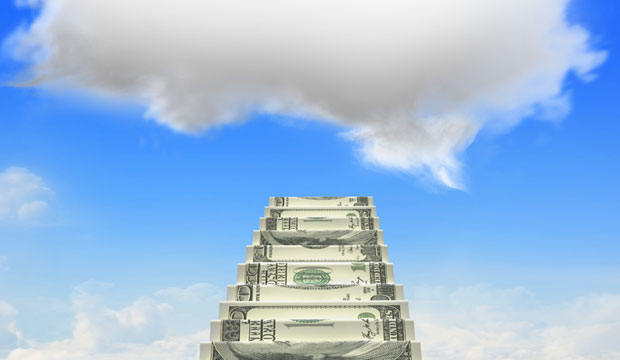August 24 – Paris Saint-Germain, Manchester City, Newcastle United: Middle East-based interests have already snapped up their share of Western trophy sports assets. The region has also hosted dozens of high-profile international sports events, none more glittering than the FIFA World Cup, whose kick-off in tiny but mega-wealthy Qatar is now less than three months away.
Yet believe it or not, this may be just the beginning. The coming decade could well see the Gulf emerge as an utterly dominant player in the cash-hungry international sports sector. And the figure who more than anyone has barged open this new door of opportunity? Step forward Russian strongman Vladimir Putin.
How can this be? We need look no further than the energy crisis besetting Europe, football and the international sport’s sector’s traditional epicentre. Triggered by Putin, this looks set to make the West considerably poorer and hydrocarbon-producing Gulf states correspondingly wealthier.
How much wealthier? For this I am indebted to the International Monetary Fund (IMF) official whose comments led to a headline reading ‘Middle East states set for $1.3 trillion oil windfall, says IMF’ in last week’s Financial Times.
Jihad Azour, the IMF’s director for the Middle East and North Africa, told the FT’s Middle East editor that this region’s oil and gas exporters would see “additional cumulative oil revenues of $1.3 trillion through 2026” relative to expectations before the war in Ukraine.
As windfalls go, that constitutes an absolutely astounding sum of money to be channeled into an already prosperous region in the space of just four years.
Think about it: while Western European Governments mull how much of the pain of surging energy prices they can afford to inflict on consumers already hard-stretched after a decade and a half of insipid growth, and while China seemingly reins in its once towering football ambitions as it continues to battle COVID, an escalating chunk of the world’s new capital will be pumping out of the ground and into the pockets of men who were already the sports world’s most conspicuous spenders.
Let’s just say I am not surprised that FIFA boss Gianni Infantino – a man generally pretty quick on the uptake when it comes to sensing which way the financial winds are blowing – found time in his busy schedule to watch the Usyk-Joshua heavyweight boxing championship fight in Jeddah with Crown Prince Mohammed bin Salman Al Saud.
Unsurprisingly, the IMF expects Saudi Arabia to be one of the world’s fastest-growing economies this year, with GDP growth of 7.6% – “the fastest growth in almost a decade” – set against inflation of a highly enviable 2.8%.
So, stand by for another potentially massive new wave of Middle East investment to flood into Big Ticket sport, including of course elite-level football.
If British businessman Sir Jim Ratcliffe really does want to buy into Manchester United, which despite recent on-field woes remains very much a blue-chip sports asset, I suspect he will have to get his skates on if he is to strike a deal at what he would regard as anything like an acceptable price.
It is more than 17 years since I found myself sitting in Perugia listening with astonishment as one of former Libyan strongman Muammar Gaddafi’s children told me how, a few months earlier, they had been “about to buy shares in Manchester United”.
Serious as Gaddafi junior was, that always seemed a frankly surreal prospect. Less than two decades on, Arab ambitions in the international sports sphere seem all but limitless. Thanks Vladimir.
David Owen worked for 20 years for the Financial Times in the United States, Canada, France and the UK. He ended his FT career as sports editor after the 2006 World Cup and is now freelancing, including covering the 2008 Beijing Olympics, the 2010 World Cup and London 2012. Owen’s Twitter feed can be accessed at www.twitter.com/dodo938. Contact him at moc.l1745846839labto1745846839ofdlr1745846839owedi1745846839sni@n1745846839ewo.d1745846839ivad1745846839
